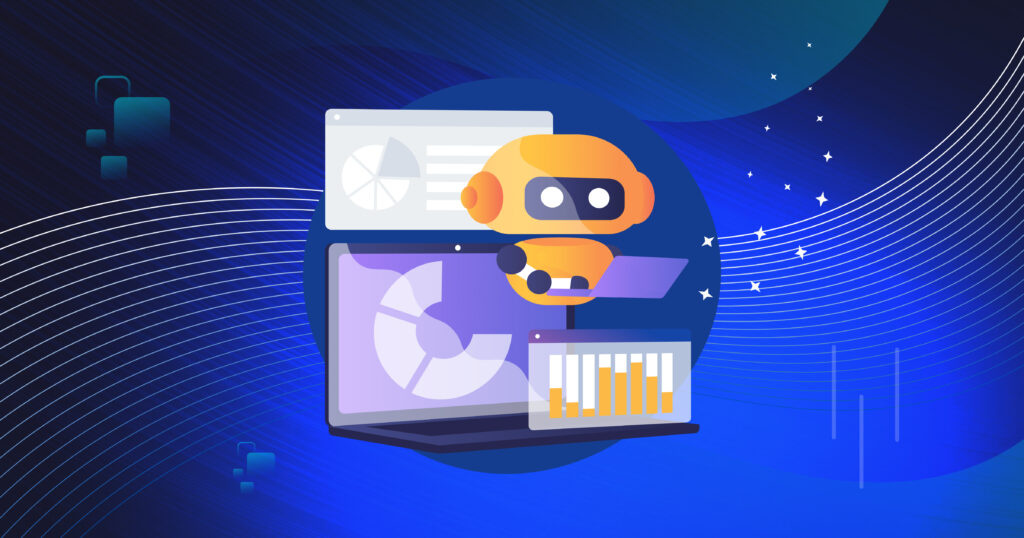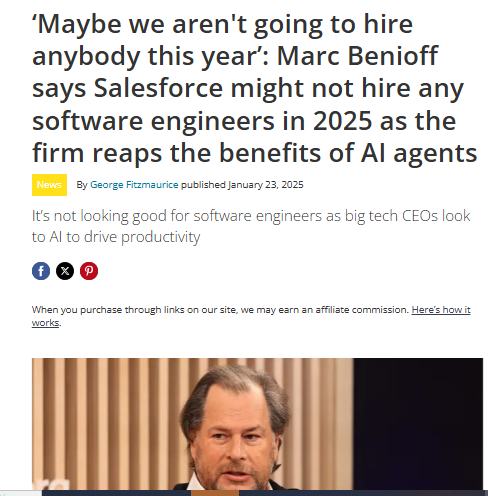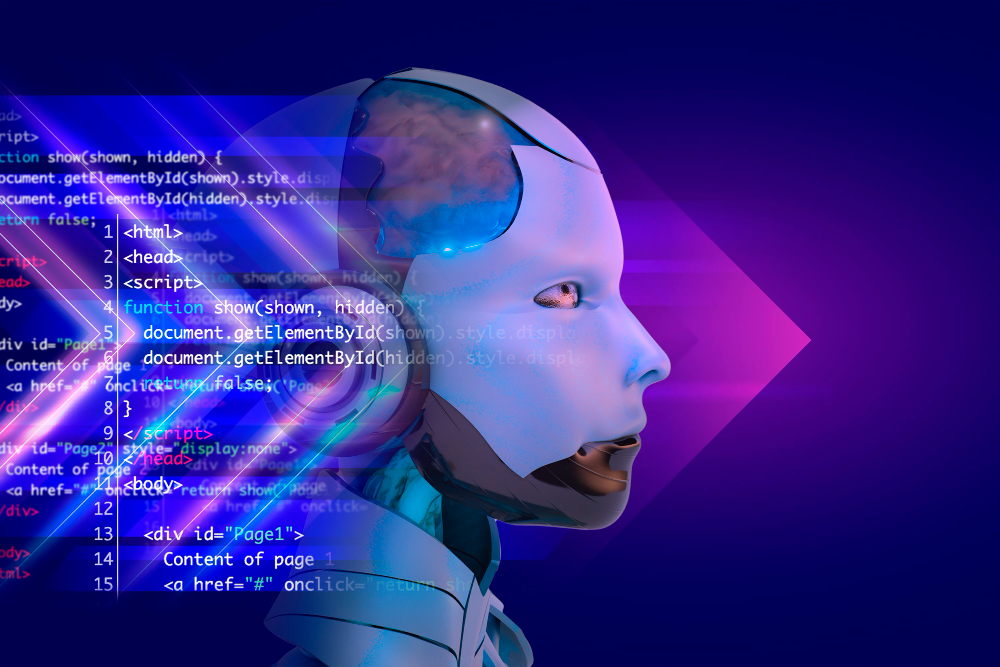Mar. 18, 2025
Last updated: May 26, 2025
Last updated: May 26, 2025
Last updated by:
8 min read
Introduction
In a recent interview, Mark Zuckerberg of Meta said something that sparked a major uproar in the tech world, particularly, the software engineering world.

On the Joe Rogan podcast, Mark Zuckerberg was asked about AI, and what he thought the capabilities of AI were in software engineering, and these were his words:
“Probably 2025, we at Meta, as well as the other companies that are working on this are to have an AI that can effectively be sort of a mid-level engineer you have in your company that can write code. In the beginning, it’ll be expensive to run, but you can get it to be more efficient, and over time, we’ll get to the point where a lot of the code in our apps, including the AI that we generate, is going to be built by AI engineers instead of people engineers”
He then went ahead to say,
“In my opinion, that will augment the people working on it. My view is that in the future, people will be so much more creative, and freed up to do crazy things.”

While Zuckerberg didn’t outright say that AI was going to replace human software engineers, this statement strongly suggests that Meta and other big tech companies are actually exploring ways to leverage AI in positions where humans currently write code.
Does this mean that software engineering jobs will be completely taken over by AI? Is this the end of software engineering as a career?
The short answer is NO, however, there will be some major changes that will significantly affect the way software engineers work in the future, and that’s what we’re going to unpack in this article.
Let’s dive into it…
Will AI Finally Replace Software Engineers In 2025?
No, in its current state, AI is not capable of completely replacing software engineers. However, AI does have a significant role to play in the future of software development, such that, we will need to leverage AI to stay ahead of the competition.
We can’t deny the fact that AI has caused a paradigm shift in the way businesses and individuals function today. According to Statista, the global artificial intelligence market is expected to grow by 27.67% between 2025 and 2030, and this growth cuts across all fields.
With that, let’s talk in depth about the elephant in the room; Will AI steal your job as a software engineer?
All the debates about AI taking over your job as a software engineer stem from the fact that there have been massive layoffs happening over the past few years in the industry with even more layoffs announced every week.
Salesforce CEO, Marc Benioff announced in December 2024 that the company would hire no more software engineers in 2025, he also stated that the reason for this was because the team was able to increase productivity by 30% using Agentforce their new AI tool.

What you need to understand about statements like these especially coming from top CEOs in the tech industry is that there’s always a reason for it.
Salesforce, for instance, wants to sell its AI tool so they need to attract investors, they need to show that the said AI is powerful and actually works and that they use it internally to boost productivity.
So, you need to be careful to not interpret statements like this in a literal way.
As I mentioned earlier, AI does have a significant impact on software development, AI tools like GitHub Copilot, Cursor, and even ChatGPT or Claude can help boost your productivity as a software engineer, and AI CAN write vast amounts of code, however, you still need someone who can understand and potentially, fix that code.
Moreover, being a software engineer is not just about writing code, it’s also about communication, understanding requirements, working in a team, aligning interests, and so much more stuff that AI is just not capable of doing, and quite frankly, I don’t see the possibilities of that happening anytime soon.
Long story short, AI shouldn’t be a threat to your job as a software engineer if you have a deep understanding of your job but I’ll say this, AI has raised the bar higher for entry-level/beginner software engineers looking to land their first job.
All that said, let’s take a look at exactly how AI is affecting software engineering in 2025.
How Will AI Impact Software Engineering In 2025?

Now that we have established that AI cannot fully replace a software engineer, let’s take a look at just how AI will affect the way software engineers write code and build products going forward.
Today, a lot of the big players in the tech scene are integrating AI into their products, Meta, Apple, name them. Soon, I’m talking in 5-10 years, every single technological product will have AI weaved into it.
And since all these products have some kind of software allowing them to run, you as a software engineer would have to adjust the way you write code for these products.
Aside from that, AI is currently improving the way developers work, making them significantly faster and more efficient such that companies no longer see the need to employ as many software engineers.
I mean, why have a team of 5-6 developers when 2 senior developers plus AI can handle the same workload comfortably…
Here are some of the biggest ways AI is impacting software engineering today:
AI acts as a junior developer, assisting senior software engineers with simple tasks like writing simple codes, and code documentation, assisting with unit testing, fixing bugs, and the rest.
Remember earlier when I said that AI has raised the bar for beginner software engineers trying to land their first job? This is what I was referring to.
AI will help draft user stories, acceptance criteria, and requirements which would then be sent to the business analysts for vetting.
There’ll be an increased need for testing. As AI produces more code, there will need to be structures in place to make sure that this code is tested from every angle.
Companies, especially big companies, will continue to slow down the hiring process for software engineers to explore ways to leverage AI to fill roles they would initially hire entry-level software engineers for.
AI & The Future Of Software Engineering

AI may not be there yet in terms of being a great software engineer but one thing is sure, it will continue to get better over time, so what does this mean for you as a software engineer?
For entry-level/beginner software engineers, this means that knowing the simple stuff isn’t going to cut it anymore because an AI model can do those same things now.
Yeah, you’ll need to level up your skillset a bit more if you want to be relevant even as an entry-level software engineer in this age. Learn basic concepts around system design, machine learning, and how to leverage AI in more ways than just writing simple code, this will set you apart.
For mid-level to senior software engineers, my advice would be to learn how you can use AI as a tool to improve the quality of your work. More importantly, try to understand and deepen your knowledge of how these AI tools work.
Don’t be comfortable with where you are right now, dig deeper because the ones who will stay relevant in the years to come are those who know things that others don’t.
Final Thoughts
Now if you’re someone who’s considering learning or still learning software development and wondering if it’s still worth it…It is!
AI may have changed the game but you can still win as long as you play smart, and stay ahead.
While you’re still learning, it’s not beneficial to you to turn to AI to solve your problems and help you write better code. At this stage, you should be focused on learning how these concepts work and strengthening your problem-solving skills.
If you keep turning to AI to do the work for you, then there’s no learning taking place which makes you exactly the kind of person likely to lose their job to AI.
Remember, Code generated by AI at this point still needs a lot of human intervention to actually work so you need to actually understand how code works for you to effectively use AI to solve problems faster and write better code.
Software engineering and tech in general is no longer “easy money”, you need to be able to adapt, stay curious, and go the extra mile if you want to earn a living as a software engineer.
If you stayed till this point, you’re a real one! Want to dive deeper into the world of AI trends? Be sure to check out my upcoming post about How AI is shaping the future of video content creation.
Until next time,
Ciao!